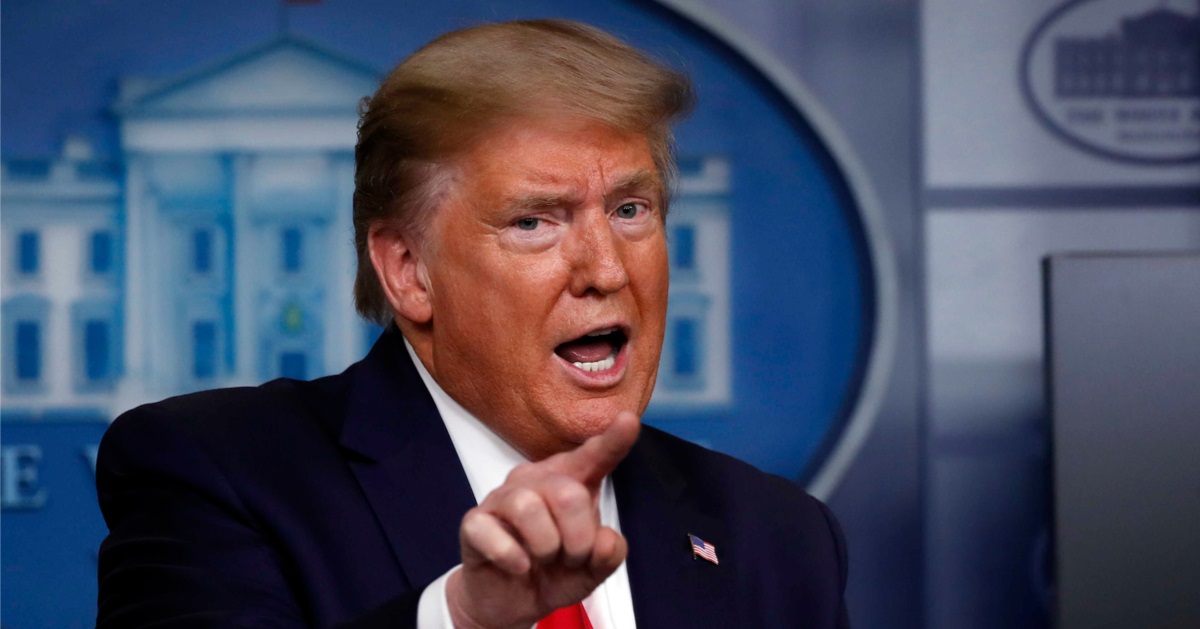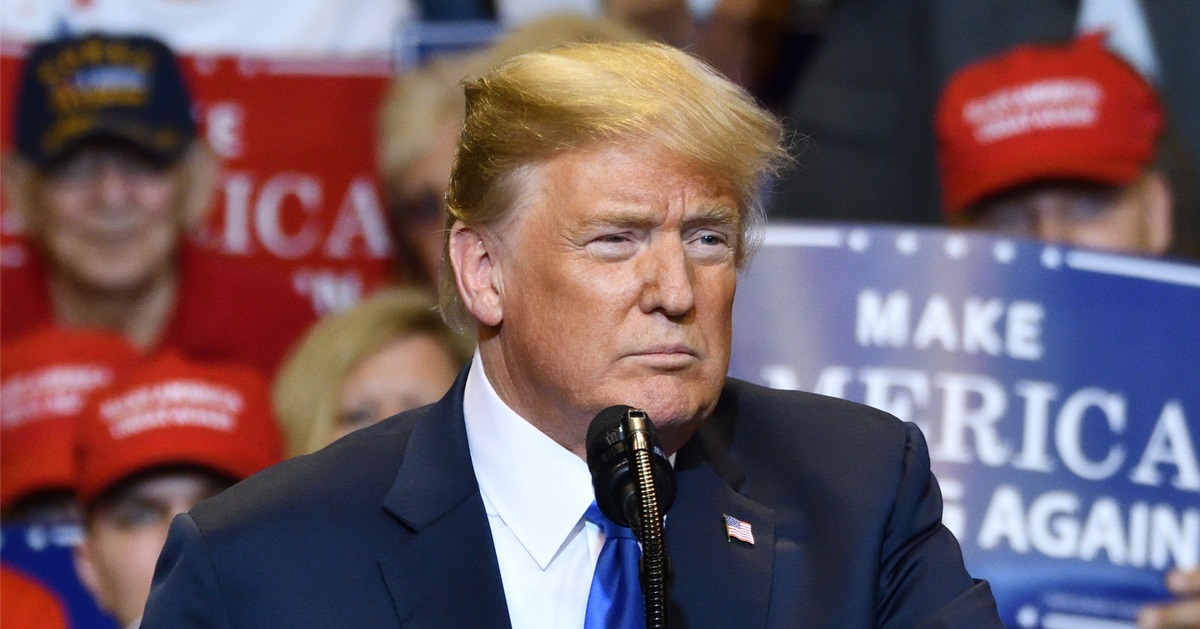Supreme Court denies request to lift Trump's gag order in New York criminal case
President-elect Donald Trump continues to be bound by a partial gag order that was first imposed on him ahead of his criminal trial in New York City, in which he was convicted in May of 34 counts of felony business records falsification related to "hush money" payments made in 2016 to silence some of his accusers.
An emergency appeal had been filed with the Supreme Court on Trump's behalf to have that gag order lifted, but that petition was rejected on Monday with no explanation, the Washington Examiner reported.
That marks the second time this year that the Supreme Court has declined to intervene and remove the partial gag order that limits what Trump can say publicly about the jurors, court staffers, and their families, in relation to the New York criminal case.
Court rejects request to lift Trump's gag order
In an Order List published on Monday, the first entry dealt with the case known as Good Lawgic, LLC, et al v. Merchan, Justice, and the news for President-elect Trump was not good.
The order simply stated, "The application for stay addressed to Justice Alito and referred to the Court is denied."
According to SCOTUSblog, the Good Lawgic, LLC v. Merchan case raised the issue of "Whether the Supreme Court should vacate the gag order imposed on former President Donald Trump by Judge Juan Merchan in Trump's criminal trial in New York."
The emergency application for a stay of the gag order was first submitted on Oct. 1 to Justice Sonia Sotomayor but was denied by her a week later on Oct. 8.
That same day, the application was resubmitted with Justice Samuel Alito, and while he at least referred it to his colleagues for consideration during a mid-November conference, it was ultimately rejected a second time on Monday.
Undeterred by denial
Newsweek reported that the rejected emergency application to lift the New York gag order was not submitted by President-elect Trump and his attorneys, but rather by a lawfare-focused podcaster named Joseph Nierman, who argued that the gag order infringed upon the First Amendment-protected free political speech of a presidential candidate.
Following Monday's rejection, Nierman told the outlet, "While that Court denied Good Lawgic's emergency application, we are hopeful it entertains that important claim when it files a standardized application for writ." Indeed, he has already filed another application with conservative Justice Clarence Thomas.
Nierman had already filed a separate and more "sweeping" application to lift the gag order against Trump with Justice Thomas, and said to Newsweek, "If not recognized by the Court as an emergency, we will file a standardized application for writ and hope to succeed using the more traditional route," and noted, "This issue affects every American."
"If the government has a basis to silence a defendant because 'his audience is too large' they can employ that logic not merely to the Trumps of the world with an X audience of 95M, but to your neighbor down the street who has an audience of 950 people," he added. "They can make that claim against any and every one of us. Historically, when granted that power, that is precisely what governments do."
Intervention seems unlikely
To be sure, the Supreme Court could intervene and lift the gag order on President-elect Trump but probably won't do so, according to University of Houston associate law professor Alex Badas, who told Newsweek that the justices would likely prefer to remain uninvolved in the "politically charged" case.
"I doubt the justices want to take on Trump's gag order and overturn it. I think this would further polarize the public's view of the Court," Badas explained. "The gag order will likely end anyway, especially when Trump is sworn in as president. And he would have immunity from any wrongdoings in his capacity as president, so a gag order won't mean much then anyway. So, with this in mind, the justices probably do not want to be the party to end the gag order and suffer any kind of political pushback as a result."



